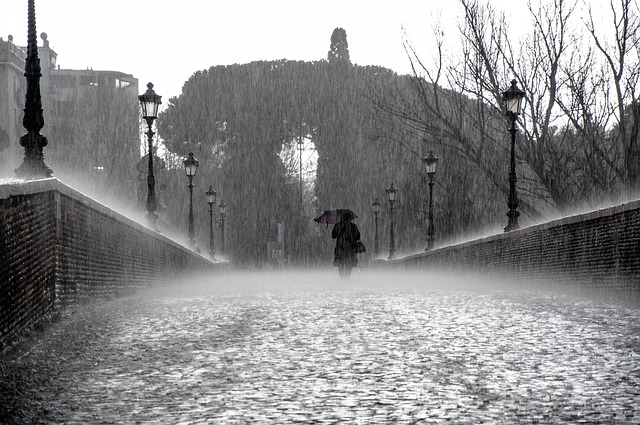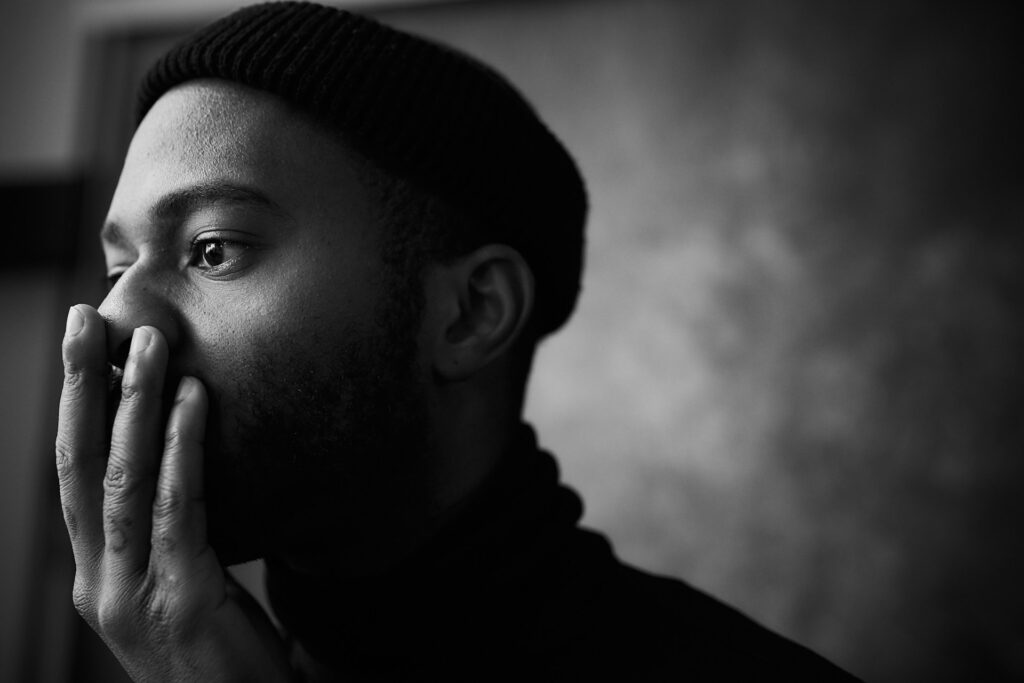Defeating Doubt and Unbelief Through Faith and Prayer

I read some time ago of an interesting anecdote about an open-air religious meeting held in Scotland in the 1800s. On the morning of the day of the meeting, rain came down in torrents. A minister connected with the meeting led the others in prayer, confidently praying that the weather would clear up by the time of the meeting—two o’clock that afternoon. Many within earshot of the one praying, subtly expressing their doubt and unbelief, felt that he was overly confident.
Their concern was that God would be dishonored when the prayer was not answered. One of them told the minister who was to be speaking that the weather instruments continued to show the weather getting worse and not better. He therefore felt that the man praying should not have prayed in that manner.
Before the minister had even finished praying, God moved the rain clouds away and brought the sun streaming in over the whole area.
Then the one who was to speak went to his room and began to pray to God about areas related to the meeting without mentioning the weather. About two o’clock, the Lord led him to pray that the weather would clear and the sun would shine for the meeting. Before the minister had even finished praying, God moved the clouds away and brought the sun streaming in over the whole area. Without doubt and unbelief prevalent, He moved mightily during the meeting that afternoon, and a large number of people were in attendance. When the meeting ended, the workers came to clean up and then returned to a nearby hall. Not long afterwards the rain returned and poured without stopping.

Overcoming Doubt and Unbelief Through Prayer
Have we been guilty of limiting God through our lack of faith when we pray? Notice that I said lack of faith, not absence of faith. It is easy to believe a little and let someone else believe for the rest, but God wants us to put our whole heart into our believing. The other ministers at that meeting were quick to cast doubt and unbelief, because they were relying on human sight, not full faith in God. There was no encouragement for the person who prayed initially, only skepticism. Back in Jesus’ day, the religious leaders refused to believe that He was their promised deliverer, and therefore refused to believe that anything He did was of God.
“And when he [Jesus] was come into the temple, the chief priests and the elders of the people came unto him as he was teaching, and said, By what authority doest thou these things? and who gave thee this authority?” (Matthew 21:23).
“And when he [Jesus] had looked round about on them with anger, being grieved for the hardness of their hearts, he saith unto the man, Stretch forth thine hand. And he stretched [it] out: and his hand was restored whole as the other. And the Pharisees went forth, and straightway took counsel with the Herodians against him, how they might destroy him” (Mark 3:5-6).
“Then again the Pharisees also asked him how he had received his sight. He said unto them, He [Jesus] put clay upon mine eyes, and I washed, and do see. Therefore said some of the Pharisees, This man is not of God, because he keepeth not the sabbath day. Others said, How can a man that is a sinner do such miracles? And there was a division among them” (John 9:15-16).
He didn’t let their doubt and unbelief get into his spirit—he went right to God and sought Him on the matter.
The Danger of Faith with Reservation
I have often encountered situations with what could be called ‘faith with reservation.’ I believed the need could be met, but I didn’t have full faith that it actually would be met. It was seventy percent faith that God would supply the need, and thirty percent skepticism that the need might not be met. God can’t reward that kind of attitude anymore than one that is one hundred percent doubt and unbelief.
Necessity of Prayer That Is Led by God
The minister who was to speak in the meeting in Scotland went to God in prayer even though he had just heard the skepticism and doubt of the other ministers. He didn’t let their doubt and unbelief get into his spirit—he went right to God and sought Him on the matter. Notice though that he didn’t immediately bring the matter of the weather to God; he sought God first for the other needs of the meeting, and then was led by the Lord to pray for the sun to shine. He already believed that God would handle the situation; he was just waiting on His right timing.

Seeking God’s Timing and Leadership in Prayer
How many times do we go to God already believing that the problem is going to be handled properly by Him? How many times do we allow God to lead us in our prayers? And even more so, how many times do we really go to God in prayer at all? How quick we are to criticize and how slow to seek God. There was no mention of the other ministers at the meeting going right to God and seeking Him about the weather, much less any other needs of the meeting.
Persevering Beyond Doubt and Unbelief
When we let doubt and unbelief crowd out our faith, the answer to our prayer may be delayed, or it may never come to pass. On the other hand, we should not let God’s timing be a hindrance to our faith. In this case, God’s timing was immediate. He intended for the meeting to go on so they could reach many lives for a specific duration, and then the rainstorm returned. This was God’s window of opportunity for the great number that attended. Yet there are other times when God doesn’t respond immediately.
…when you pray, don’t stop believing, don’t give in prematurely, and don’t give up, keeping doubt and unbelief out.
Don’t Prematurely Quit Praying
God’s timing is not our timing. He sees the big picture that we don’t see, and He always knows when it is best to act. Therefore, when you pray, don’t stop believing, don’t give in prematurely, and don’t give up, keeping doubt and unbelief out. Jesus said, “Ask, and it shall be given you; seek, and ye shall find; knock, and it shall be opened unto you. For every one that asketh receiveth; and he that seeketh findeth; and to him that knocketh it shall be opened” (Luke 11:9-10). Keep on asking, seeking, and knocking. Don’t stop before your answer to your troublesome situation comes from the Lord. Keep pressing in and believing that Jesus will resolve the situation.

Maintaining Unwavering Faith
Don’t let a rainy day be the source of doubt and unbelief. Take your hands off of the matter, put it into Jesus’ hands and He will bring you through. There is nothing too great for God. The rainstorm seemed to be an impossible situation and yet, after the men went to God in prayer, believing for that which could not be seen, God cleared the foul weather away. Believe wholly in Him and He will do the impossible!
[Additional image credits: Featured image (when applicable) by Chichi Onyekanne on Unsplash; Opening photo by Marco Massimo from Pixabay]




